Don’t Always Believe the Beauty Hype
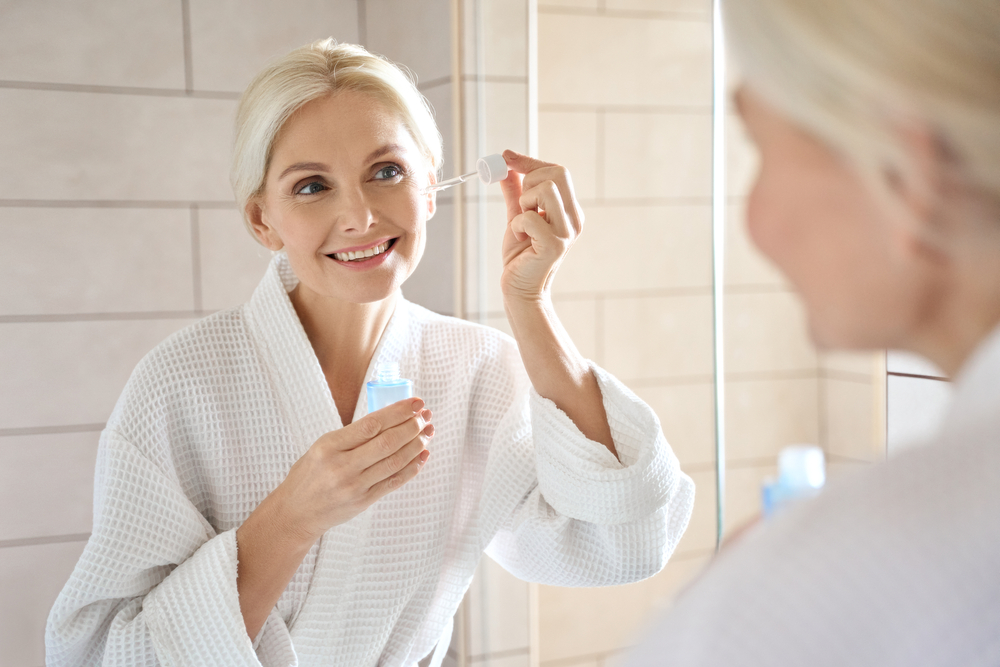
In the endless pursuit to unlock the fountain of youth, we are often bombarded with skincare and wellness tips promising all kinds of miracles. Everyone has different skin conditions and health concerns and what is right for some may not work for others. Then there is well-meaning advice that is just plain myths. Ahead are 15 common beauty, skincare, and wellness myths that could actually be speeding up aging and impacting the texture and appearance of your skin.
1. You Need A Face Oil To Your Skincare Routine
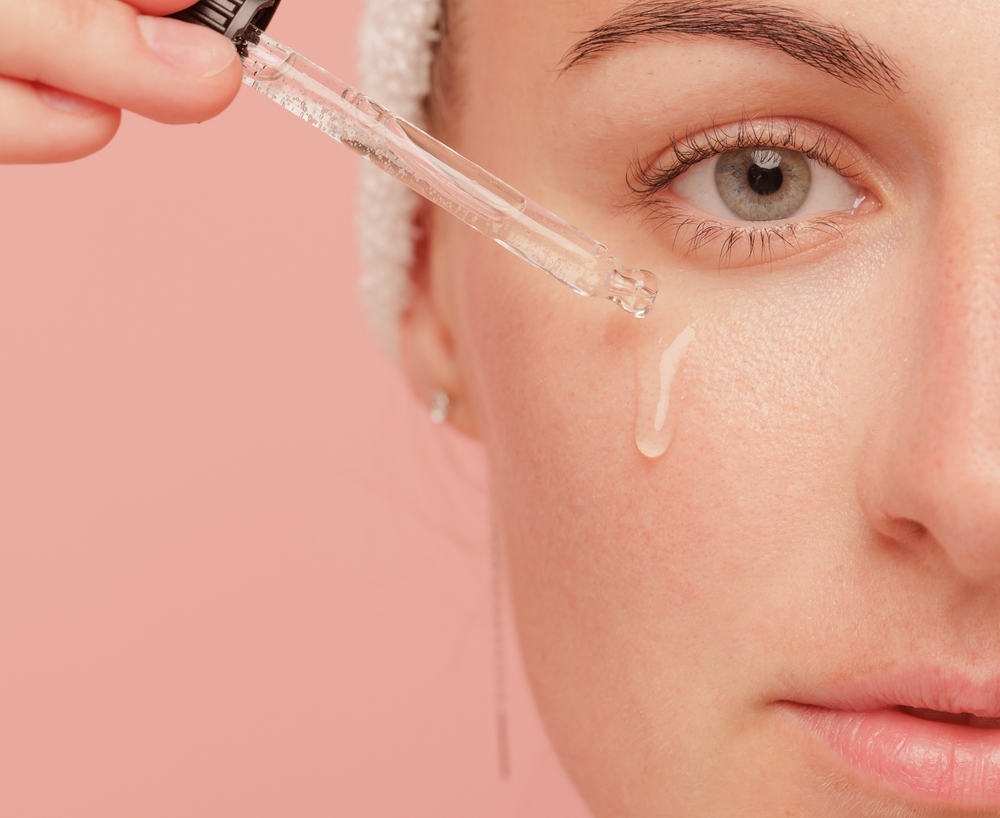
Face oils can boost skin hydration but it’s always best to use natural plant-based non-comedogenic oils and always test patch first. Applying excess oil, especially if you have an oily complexion or combination skin can clog the pores, leading to congestion and breakouts. Rather than apply oil all over, add a drop to your moisturizer whenever your skin is particularly dry.
2. A Sun-Kissed Tan Is Healthy

A natural sun-kissed glow does make your face look more youthful and radiant, but the safest tan always comes in a bottle. Subjecting your skin to the sun’s UV rays and tanning beds can damage the DNA of skin cells triggering premature aging and even putting you at risk of skin cancer. Using self-tanners, bronzers, or illuminating highlighters to achieve a safer sun-kissed look.
3. Only Lighter Skins Need Sunscreen
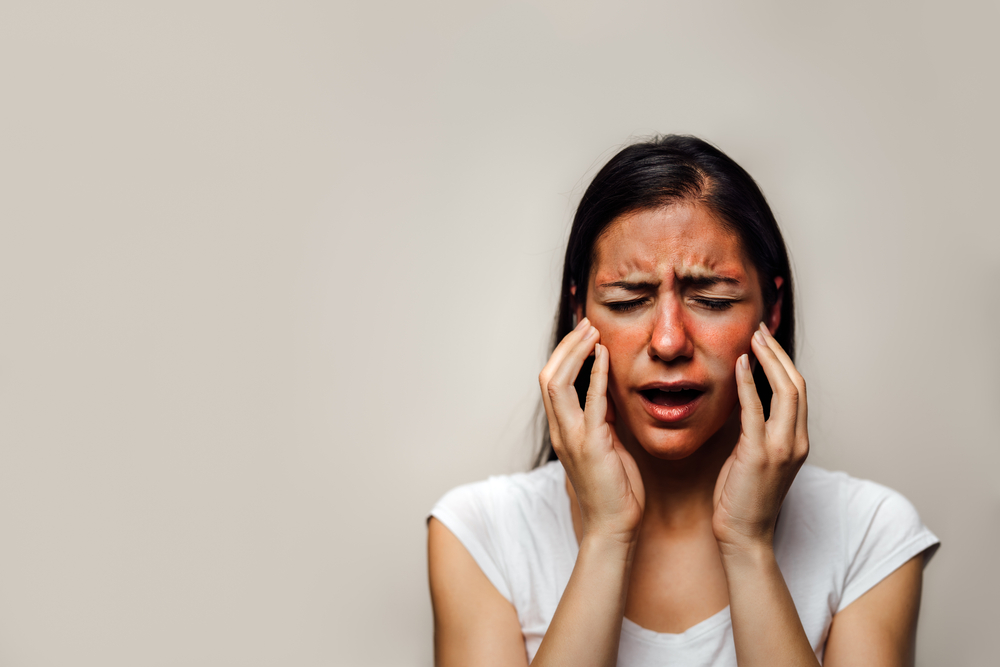
It is a common misconception that sunscreen should only be applied in summer, on hot days, or if you have a fairer complexion. UV rays can damage the skin year-round, be particularly harsh on cloudy days and all skin is at risk. It is essential to apply an SPF30 or moisturizer with sunscreen to your face and neck every day regardless of the weather to protect against aging, photosensitivity, and hyperpigmentation (especially if you use highly active ingredients like retinol and vitamin C as part of your skincare routine).
4. Expensive Anti-Aging Skincare Will Wind Back the Clock
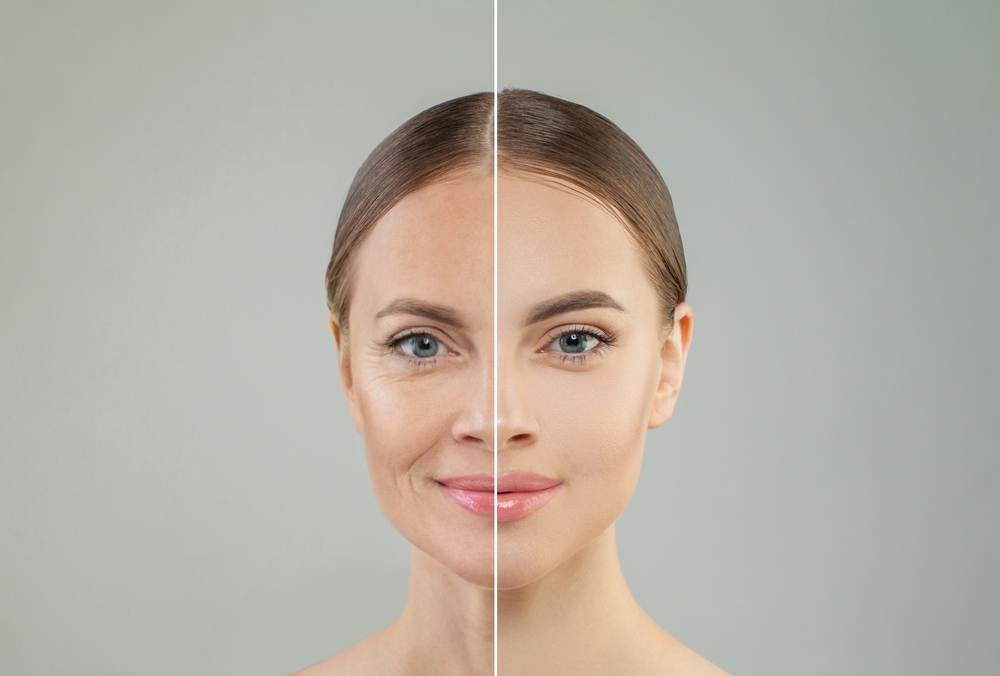
It’s not the price of skincare products that matters but the efficiency of ingredients. Use clean, chemical-free products suited to your skin type and look to scientifically-backed ingredients like retinoids, peptides, and hyaluronic acid, which can’t reverse aging signs but can improve the health and texture of your skin and protect against premature aging.
5. Drinking More Water Is The Secret to Glowing Skin
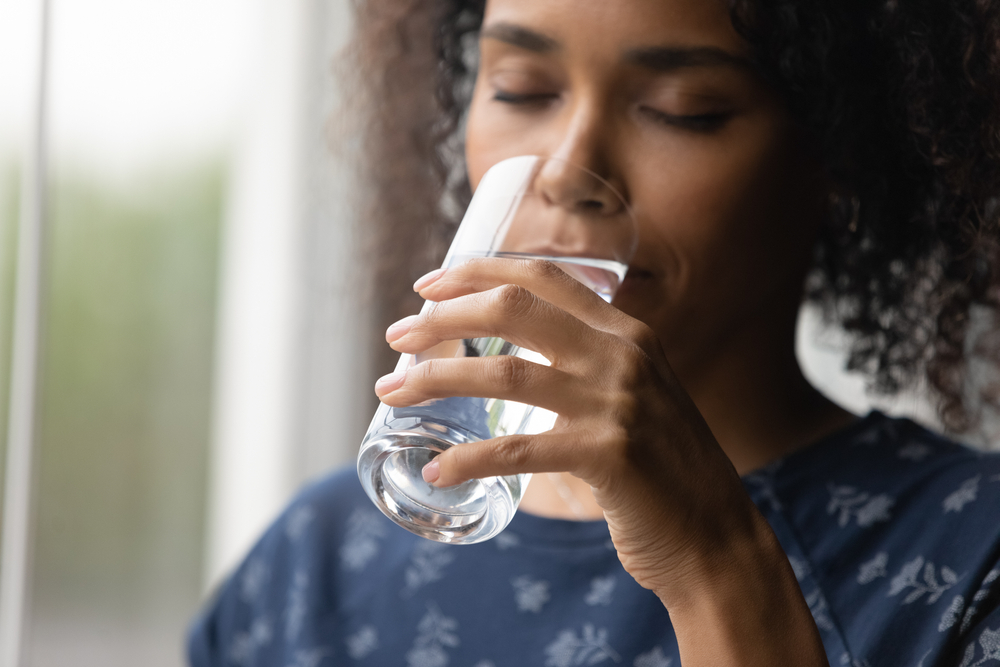
You need to drink 2.7 liters of water a day to keep your body and skin hydrated, help flush out toxins, and aid digestion. Water alone however can’t fix skin issues or protect against aging so it’s also important to apply skin-boosting topical moisturizers and hydrating products. There’s also no need to drink crazy amounts of water as this can overload the kidneys and lead to health issues.
6. Skip Moisturizer if Your Skin is Oily or Acne Prone
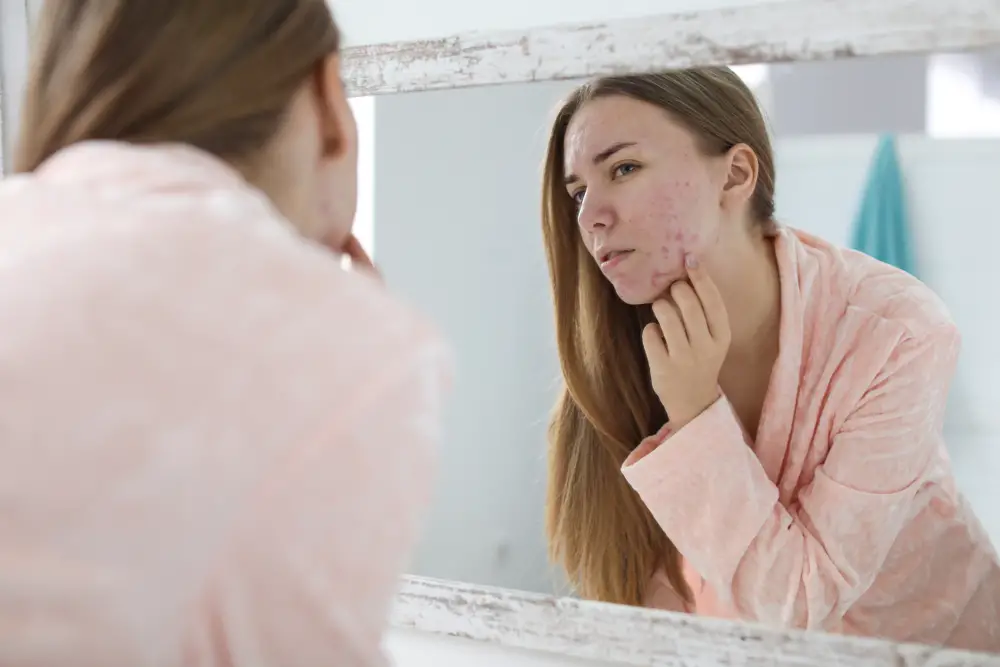
Regardless of whether you have oily or skin prone to breakouts apply a moisturizer every day. Skipping this step can dry out the skin and disrupt its natural balance, causing it to overproduce oil and exacerbate acne signs. Use a lightweight, oil-free, non-comedogenic moisturizer or products formulated for acne-prone skin.
7. Exfoliate Your Skin Everyday
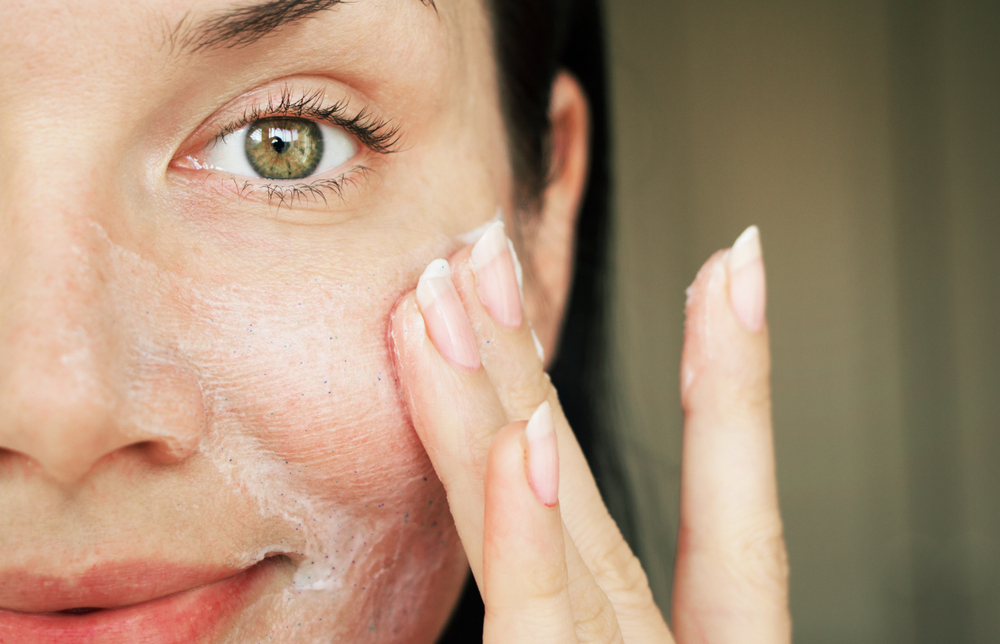
Exfoliating the skin, removes dead skin cells and debris, makes the complexion more even, and allows your skincare product to penetrate more deeply into the skin. If you over-exfoliate or use harsh scrubs they can irritate the skin, cause redness, and even micro-tears. Choose gentle liquid enzyme exfoliants 2-3 times a week after cleansing to rejuvenate the skin and boost radiance.
8. Natural Ingredients Are The Safest
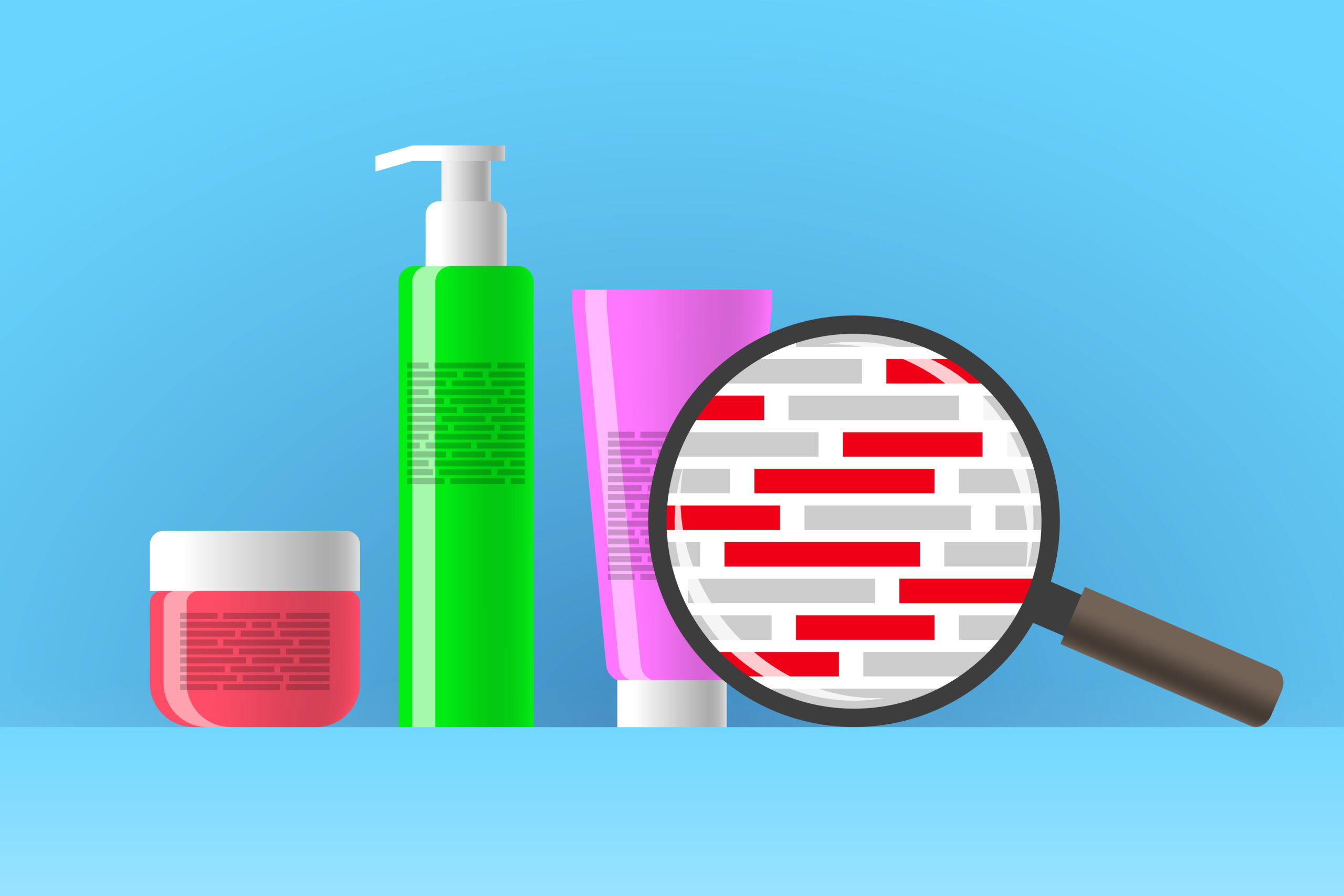
The skincare industry is unregulated and even products labeled as “natural” and “clean” can be full of harmful chemicals like parabens, sulfates, and butylated hydroxyanisole (BHT), a synthetic antioxidant, all of which can irritate the skin and cause allergic reactions. Certified organic skincare is always best, but even natural ingredients can upset some skin and disrupt its pH balance.
9. Cleanse Skin in the Morning with Hot Water
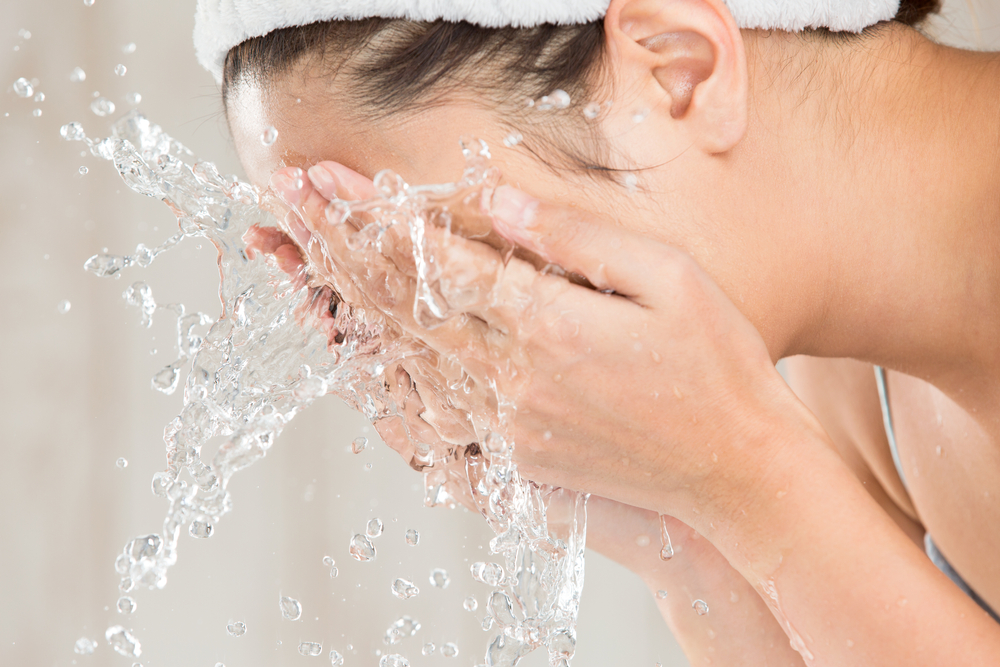
Hot water strips the skin of its natural oils, leading to dryness and irritation. It’s better to cleanse in lukewarm water and finish with a few splashes of cold water. Many beauty editors also advocate for a double cleanse, particularly at night to effectively remove makeup, environmental debris, and product build-up.
10. Anti-Aging Products Are Only for Mature Skin
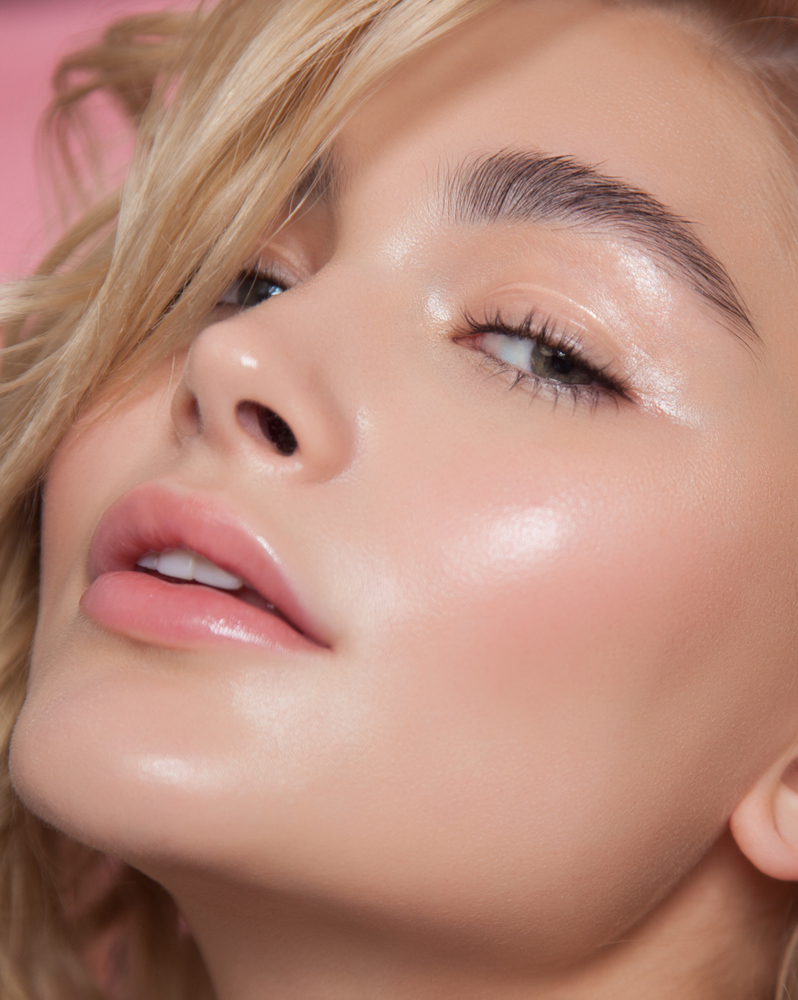
Prevention and protection is your best skincare mantra. Regardless of age, it’s important to adopt a daily skincare routine using clean science-backed ingredients to enhance the health and appearance of your skin. Delaying the use of anti-aging products can proactively prevent premature aging, so start in your late twenties.
11. Facials Can Permanently Enhance Your Complexion
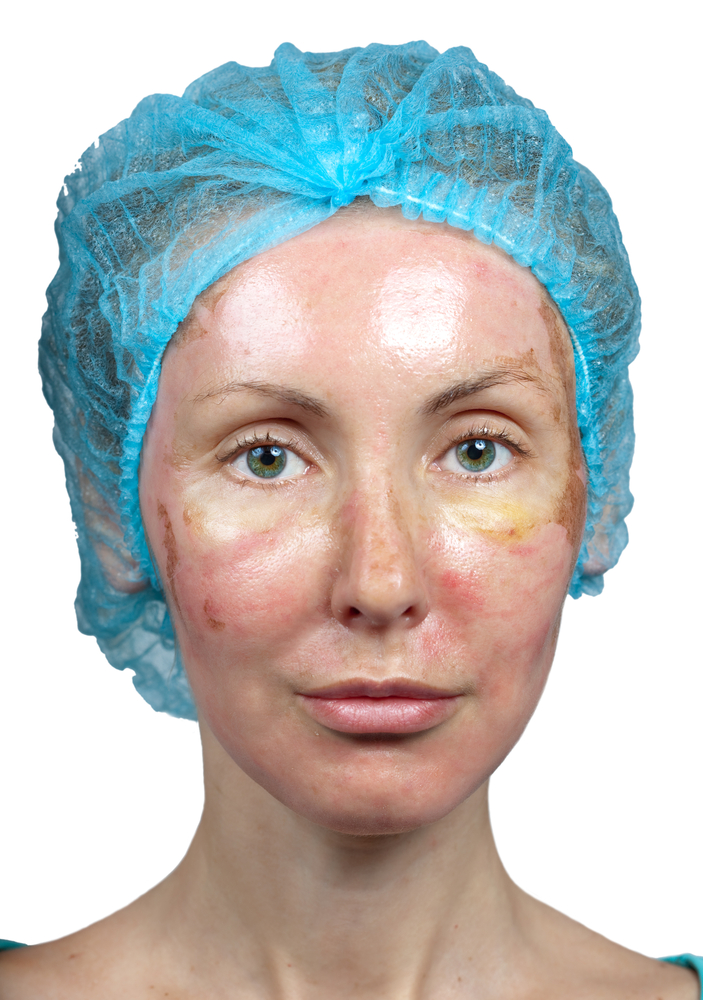
It’s a good idea to have regular facials to do a deep cleanse and exfoliation of the skin, stimulate collagen production, and add more radiance and hydration. Facials only offer temporary benefits and should not be a replacement for a regular skincare routine. And beware of harsh treatments like chemical peels and microdermabrasion as they can wound the skin and trigger an inflammatory response that speeds up aging.
12. Your Lifestyle Doesn’t Impact Your Skin

Sleep, a well-balanced diet, and exercise are essential for overall physical and skin health. Aim for 7-9 hours of quality sleep, eat a diet rich in antioxidants, vitamins, and minerals, exercise regularly to boost circulation and blood flow and don’t smoke, drink excessive alcohol, or eat high-fat or sugary foods as these all cause premature aging.
13. Retinoids Suit All Skins
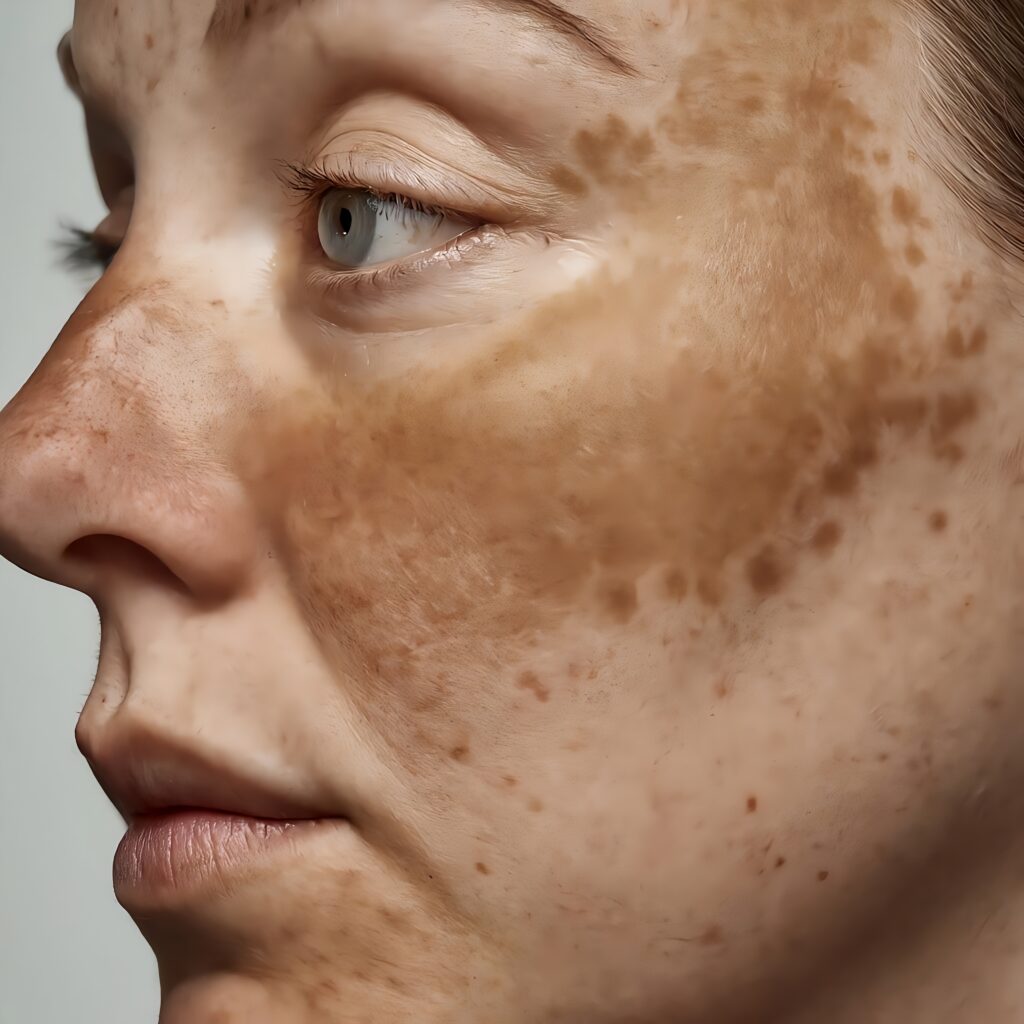
Retinoids (retinol A) are a proven ingredient that can help fight skin aging and acne. As a highly potent ingredient, it isn’t suitable for all skin types as it can increase the skin’s sensitivity to the sun, and cause irritation, redness, and dehydration. Consult a dermatologist if you have acne or sensitive skin before use, always apply it at night, and always use sunscreen to prevent hyperpigmentation and brown aged spots.
14. Alternative Remedies Can Improve Your Complexion
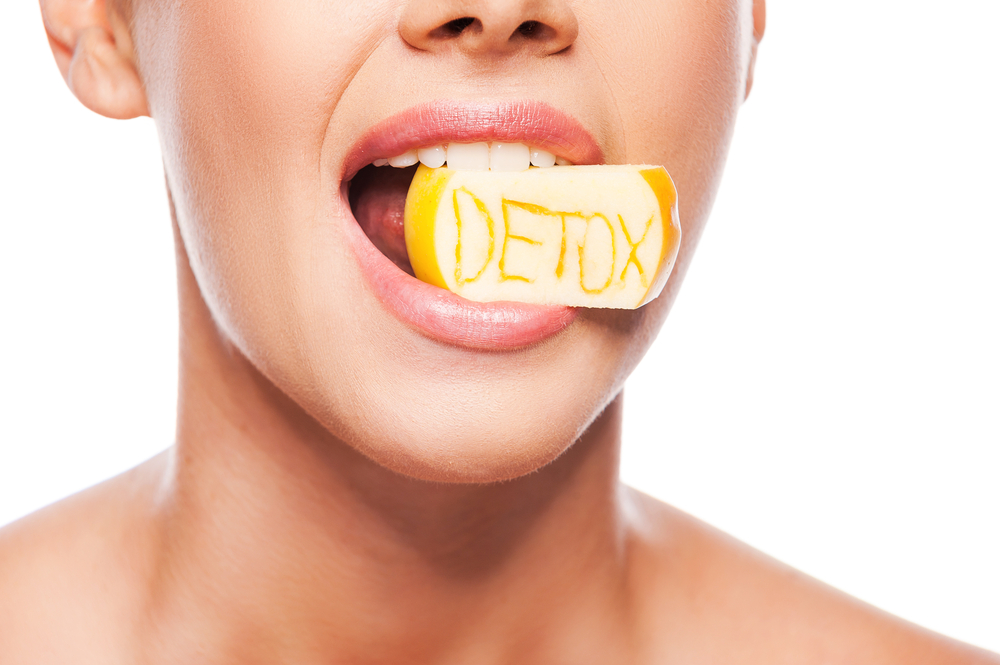
Alternative remedies like drinking lemon water, restricting certain foods, saunas, and ear candling, which claim to remove earwax and toxins, along with fasting and detox diets, are often promoted to enhance skin health and complexion. However, approach these remedies with caution as they can cause inflammation, disrupt the skin’s natural oil production, dehydrate the skin, and restrict your absorption of essential nutrients all of which speed up aging.
15. Add Skin-Boosting Supplements to Your Daily Routine
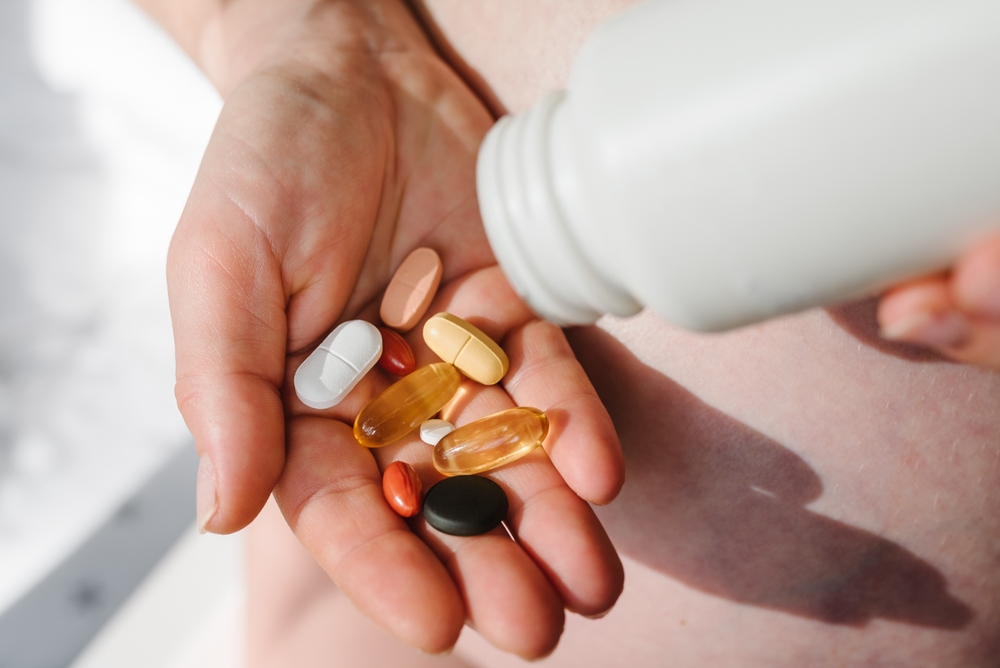
Some skin-boosting supplements like vitamins B, and E, zinc, and niacinamide can enhance overall health and skin quality, but you should not rely on supplements alone. Your primary source of nutrition should come from your diet and the best foods to eat for healthy skin are fatty fish like salmon, mackerel, and sardines as they are rich in omega-3, avocados which are packed with healthy fats, and red and yellow bell peppers as they contain beta carotene, which converts vitamins A, and C, which can boost collagen production.




